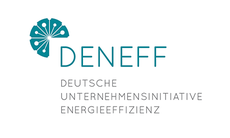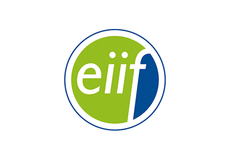Search eceee proceedings
Analysis of different transformation pathways for the energy-intensive industry in Germany on the basis of exergy analysis
Panel: 4. Technology, products and system optimisation
Authors:
Flatau Roman, Institute of Energy Economics and Rational Energy Use
Ali Aydemir, Fraunhofer Institute for Systems and Innovation Research (ISI), Germany
Peter Radgen, Institute of Energy Economics and Rational Energy Use (IER), Germany
Abstract
In recent years considerable measures have already been undertaken to increase energy efficiency in the German industry. In an increasingly energetically efficient system, the sole consideration of the energy efficiency as an indicator for further efficiency improvements might be questioned. This is due to the fact that a purely energetic assessment does not include energy quality. In the exergetic evaluation, on the other hand, the quality of energy input and energy service is included in a system to be assessed. The preservation of energy quality is therefore taken into account in the evaluation. Against the background of scarce resources, this is particularly relevant as resources can be more appropriately allocated to a specific usage.
The main objectives of this paper is to examine the decarbonisation pathways of selected main processes of the industry from a holistic perspective with an exergy analysis. The selection of the main processes takes place with regard to their energetic relevance referred to the final energy consumption in the German industry. The exergy analysis is conducted for the current situation and for 2050 based on two decarbonization scenarios for the German’s industry. First results on the current situation show, that the interpretation of exergetic indicators has to be done very carefully in the context of transition pathways for the industry. This is based in several reasons, such as system boundaries, availability of data and implicit definitions influencing interpretations. We present these issues for exemplary cases.
Acknowledgement: The study is financed by the German BMUB.
Downloads
Download this presentation as pdf: 4-080-18_Flatau_pres.pdf















